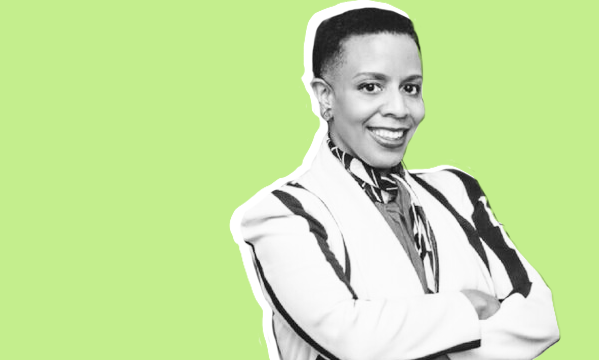This is a guest post that is part of a series featuring women leaders for Black Women’s Equal Pay Day, which falls on August 7, 2018.
Council Member Laurie A. Cumbo, New York City Council Majority Leader
Historic and contemporary disinvestment in the lives and needs of Black women has led to an abhorrent wage gap in New York of 66 cents to their white, male counterpart’s one dollar. August 7, 2018 marks the eight months and one week that Black women will have to work to make up for the wage gap in 2017.
There’s no single, simple solution to closing the gender and racial wage gap. It will require an in-depth, comprehensive approach that takes into account the financial empowerment of Black women, including breaking down barriers of entry in higher-paying, male-dominated fields, increasing wages and benefits in fields where they are already represented in such as retail, domestic work, and healthcare, and promoting family-friendly policies that allow them to advance in the workplace while supporting their families. We must begin these efforts early, promoting STEM for Black girls and young women, boldly rejecting any notions that these areas of study and work are not for them. Additionally, while New York has made great progress in recent years promoting family-friendly workplaces, with policies like paid family and sick leave, we must continue to keep an eye on implementation, making sure that New Yorkers know and are able to access their rights. And we must be persistent in our efforts to advance new and greater policies to create more equitable workplaces and provide support for working parents.
Black women’s political representation is also central to promoting the aforementioned policies, and to closing the wage gap. We know that Black women are highly engaged as voters and in other civic capacities, but it is critical that they are on the ballot. As we work to increase women’s political representation here in New York City, we must be intentional in applying a racial lens to that effort. Additionally, we cannot talk about the Black women’s pay gap without talking about our country’s history of individual and systemic racism, which continues to play an explicit and implicit role in maintaining these barriers. Lastly, we must take into account and better support Black women’s health, safety, and overall well-being, which are inextricably linked with their ability to be economically self-sufficient.
While New York has the smallest overall gender wage gap in the country, we must continue to set the bar higher in how we uplift and support Black women. I am proud to continue to promote legislation addressing the aforementioned challenges, and remain committed to continuing to work with my Council colleagues and community leaders to find and advance new solutions to closing the gender and racial wage gap.


